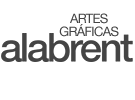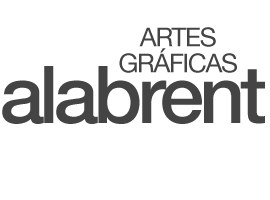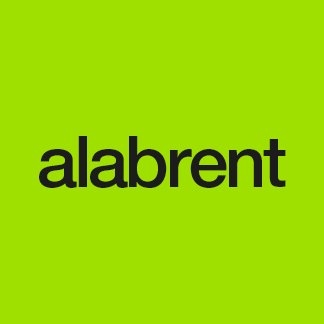Redacción Alabrent
As a leading international player in the graphics sector, Graphius is committed to sustainable production by making conscious choices at every step of the production process. "The decision to work with the ECO3 Adamas chemistry-free printing plates fits perfectly with this objective and ensures that our print preparation becomes a whole lot greener," says CEO Denis Geers. "More specifically, we will reduce the waste generated by the liquids from plate preparation by no less than 50%. The decision to use the Adamas plate has to do with the ecological advantages and the performance of the product itself. Still, it was also important for us to choose a partner with production capacity in Europe. After all, transport also has a major ecological impact."Frederik Dehing, Global Head of Sales at ECO3, emphasizes the significant environmental benefits of the Adamas chemistry-free offset plates, stating, "With the Adamas plate, our customers make a substantial stride towards sustainability. In the case of Graphius Group, this translates to saving hundreds of thousands of liters of water and avoiding the use of large amounts of corrosive liquids. The Adamas plates require no rinse water and are washed out with a very limited amount of gum, making them a truly eco-friendly choice."
ECO3 is headquartered in Belgium and produces offset plates in Germany for the European market. "At ECO3, we have opted for a global production infrastructure with a strong presence in Europe. This is a conscious choice aimed at ensuring maximum deliverability of our products to our customers. I am pleased that Graphius Group also attaches great importance to this," Dehing concludes.
With a consumption of almost 500,000 m² of aluminum printing plates per year, Graphius Group is one of the largest printing companies in Europe. Graphius uses mainly offset, the most important and highest-quality printing technology in the industry to produce its printed materials. After printing, the high-quality aluminum offset plates are recycled, more than 99% of the aluminum is reused.



